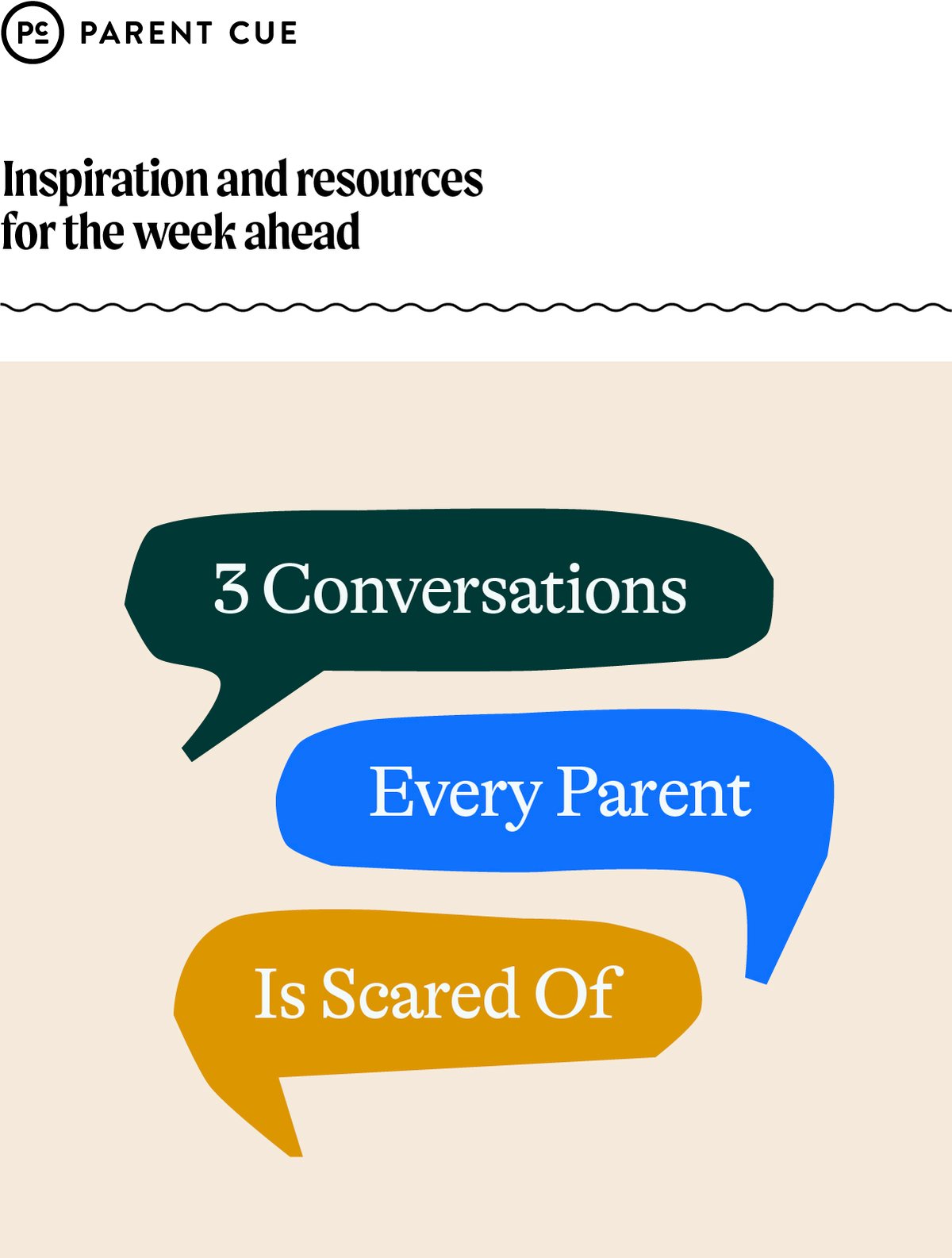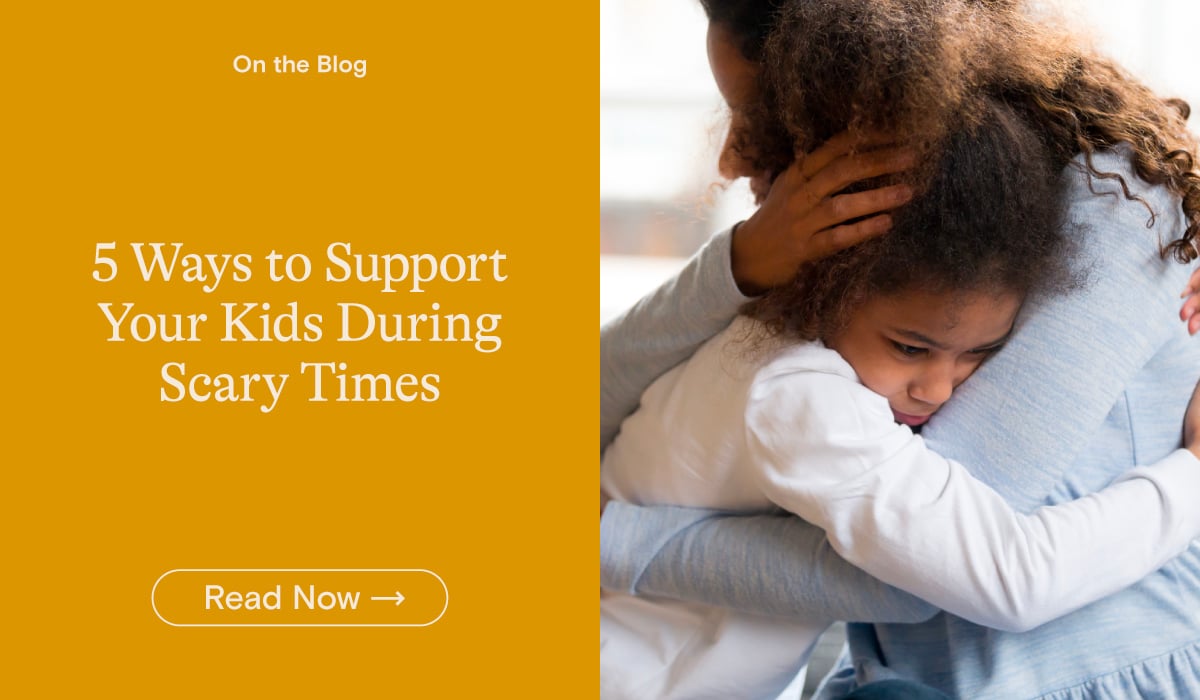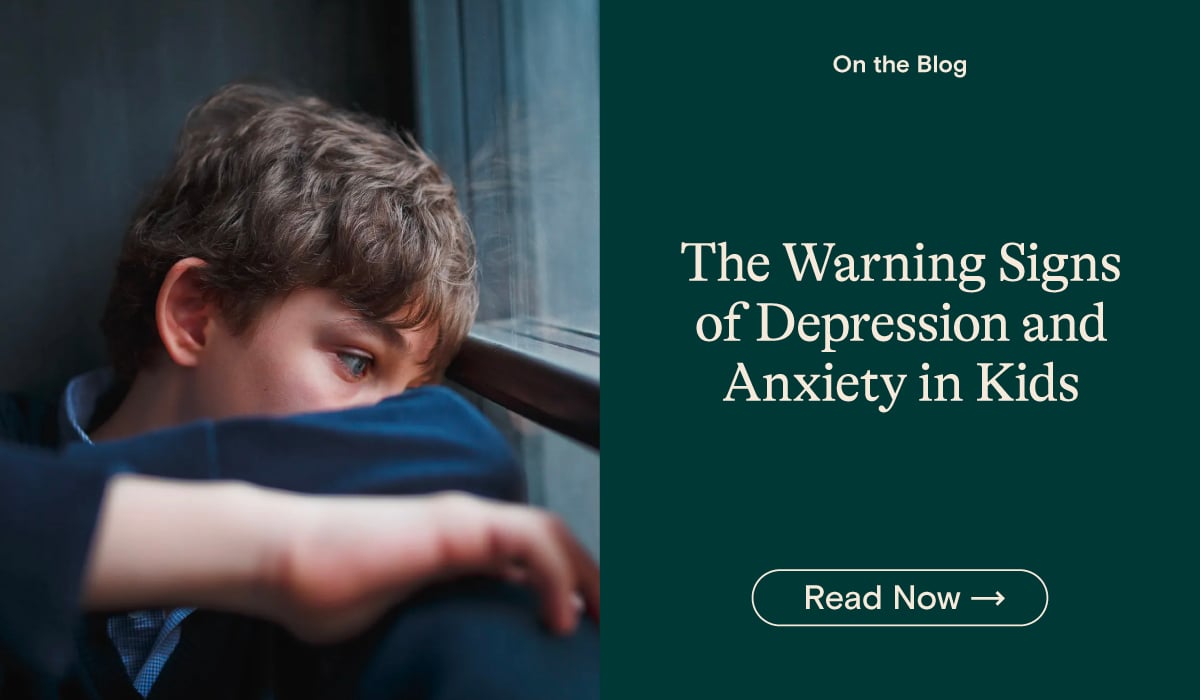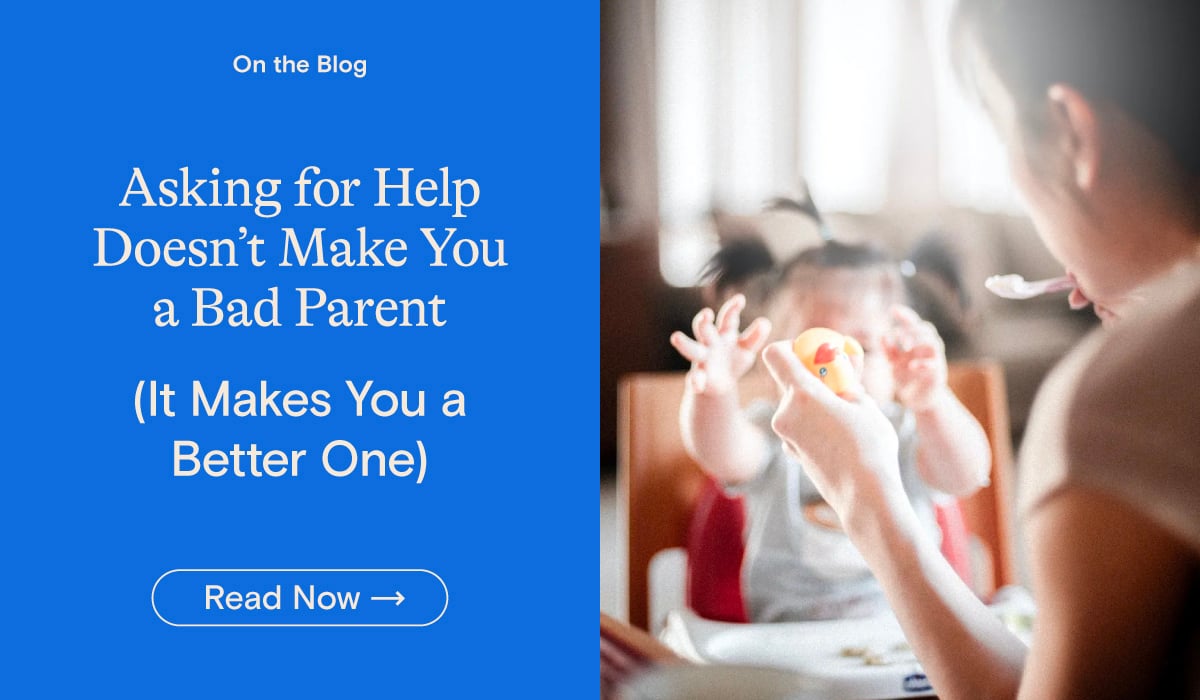|
One day you’re holding a new baby—toes in your hand, a palm-sized head tucked into the crook of your elbow. The next thing you know, that baby is running past you, full of opinions, ideas, and questions. Lots of questions. Scary questions.
Sometimes, those questions seem to come out of nowhere. But when we’re really on top of our game, we head them off at the pass. Even though we’re scared.
Here’s how to have tough conversations with your kids about sex, violence, and mental health:
Sex might just be the trickiest subject of all. After all, sex in and of itself is a beautiful thing, but there’s also a lot of risk involved.
Hit the high points: You want to make sure your kids understand the logistics of sex, consent, what a healthy dating relationship looks like, and how to respond when they’re inevitably exposed to pornography.
When to get the ball rolling: You can begin to build a foundation for this topic early on by calling body parts by their scientific names and teaching kids to set and respect body boundaries. As you kids enter preschool and early elementary school, answer their questions about bodies and where babies come from in an age-appropriate way.
How to make the most of your conversations: Foundation in place, plan to have sex talks on the regular. Kids will probably hear about sex and may even be exposed to pornography by late elementary school. You’ll want to make sure they understand how things work and have a script for saying “No, thanks” before then. You’ll also benefit from modeling and discussing what a healthy relationship looks like by the time your child enters middle school.
Violence: Reading the news these days can be incredibly distressing. Between shootings, wars, and the divisive nature of our country, it can overwhelm even the most unshakeable adults. What, then, must it be doing to our kids?
Hit the high points: It’s helpful for kids to understand that while, yes, there are people in our world who make terrible, harmful decisions, most people are good. Most people want the best for everyone, even if they have different ways of going about it.
When to get the ball rolling: You might tread lightly on heavy topics like war and shootings for young kids. Consider how likely it is that someone else will tell them about a recent happening before doing it yourself. If it seems likely, open the discussion directly while sparing your kid any graphic or unnecessarily scary details.
Mental Health Issues: Experts agree our kids are currently experiencing a mental health crisis. Fueled by the realities of the past few years, more and more kids are experiencing anxiety and depression, engaging in self-harm or even attempting suicide.
Hit the high points: Kids need to know it’s okay to feel down—even desperately so. They need to know and believe they aren’t alone and that there is help available to see them to the other side.
When to get the ball rolling: You might think it’s best to avoid talking about mental health issues until they arise, but you can start right now to model what it looks like to take care of your own mental health, both proactively and reactively. You can also help young kids begin to name their feelings, “I can tell you’re not happy, but what is it you’re feeling? Sad? Mad? Scared? Frustrated? Hurt?”
How to make the most of your conversations: If you think your kid might really be struggling, say something. It’s best to be direct, lead with love, and seek to find understanding. Also, reach out to a medical professional for help. Your kid may resist this at first, but a trained counselor can help equip your kid with useful tools and strategies as they move toward health and wholeness. .
Our kids are growing faster by the day, and that’s a wonderful thing. Let’s equip them for adulthood by talking about what really matters—even if it scares us.
|









